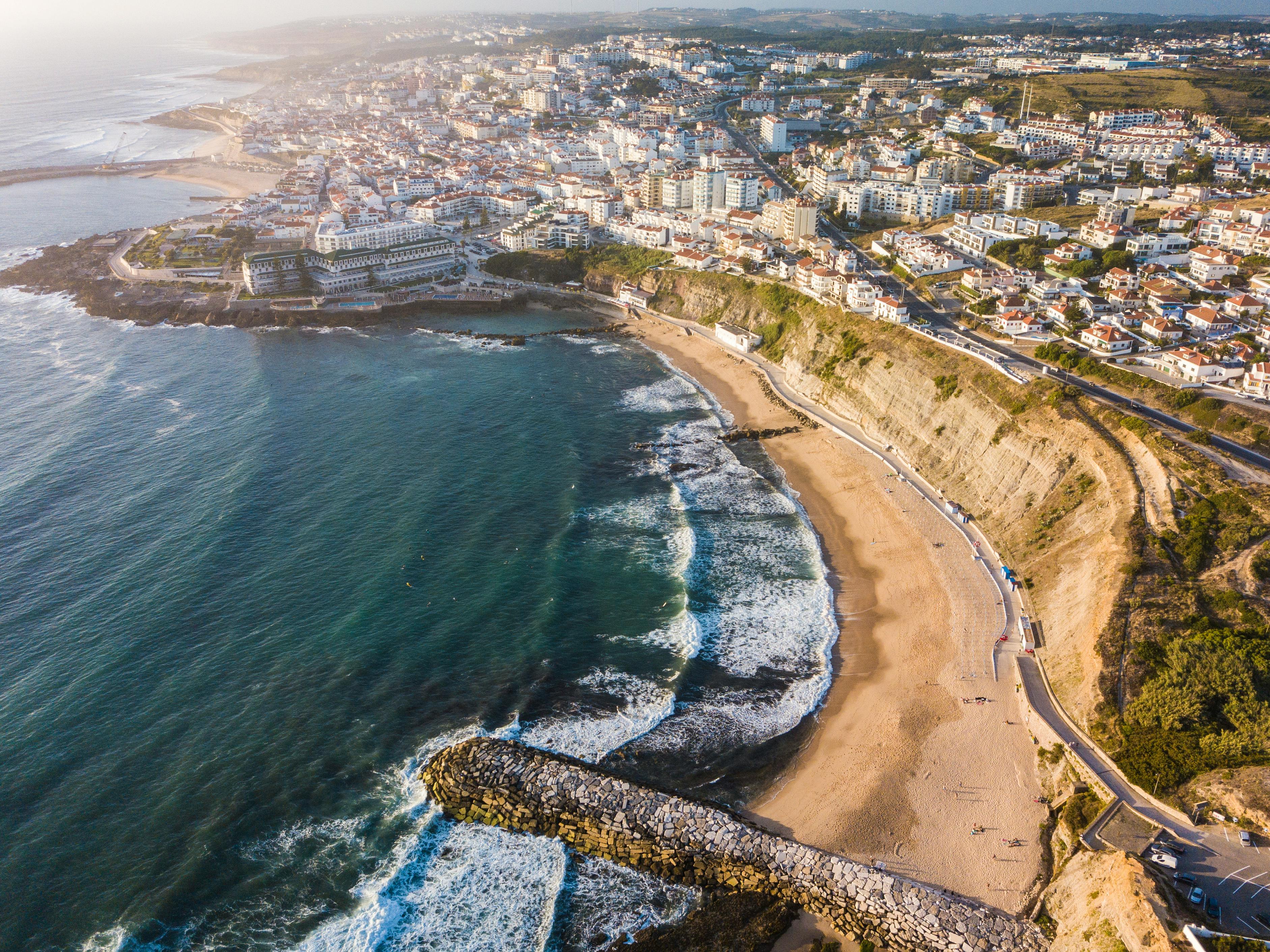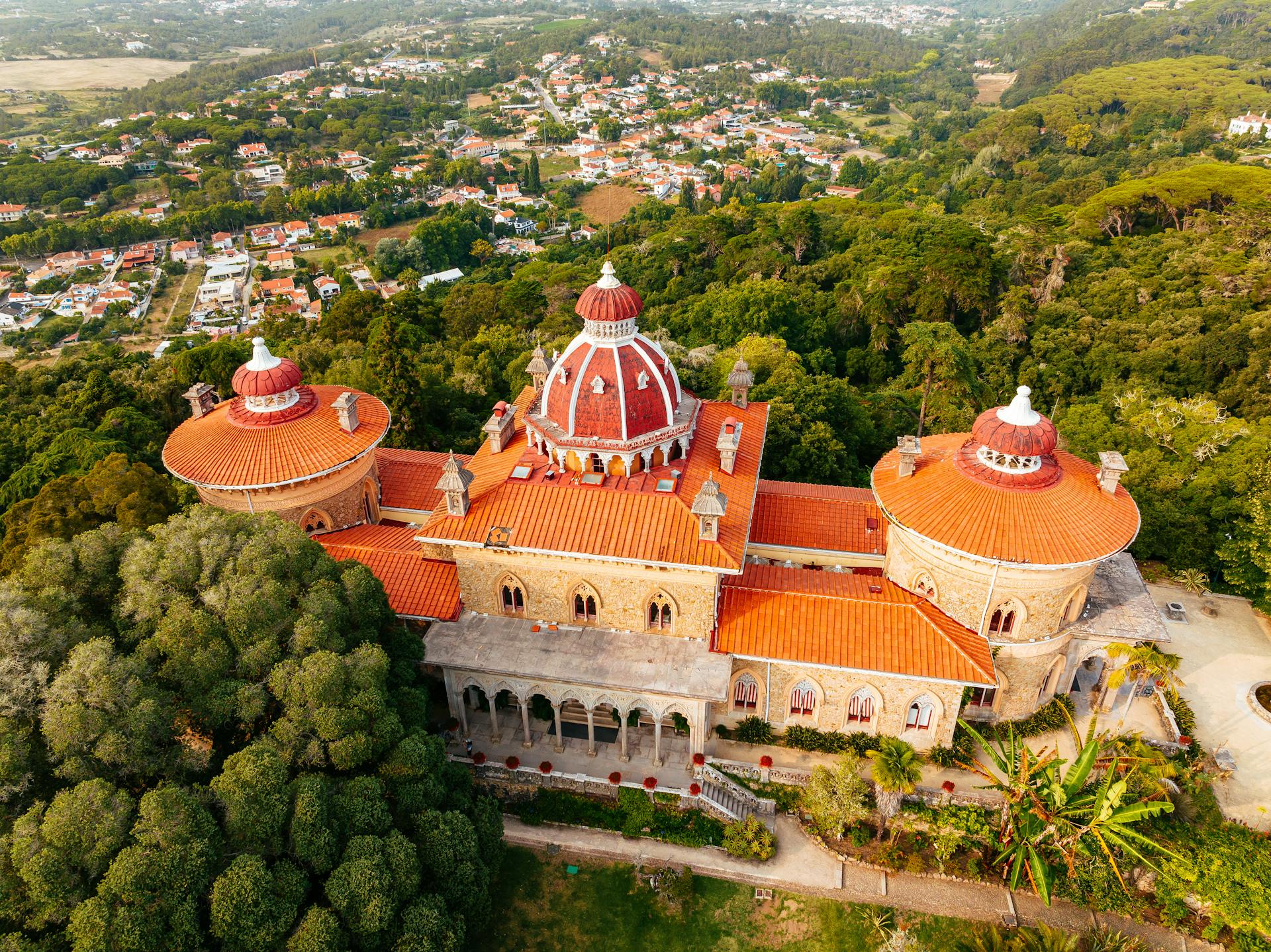How to Study in Portugal: Grants, Visas, and Tax Benefits

- Remove the current class from the content27_link item as Webflows native current state will automatically be applied.
- To add interactions which automatically expand and collapse sections in the table of contents select the content27_h-trigger element, add an element trigger and select Mouse click (tap)
- For the 1st click select the custom animation Content 27 table of contents [Expand] and for the 2nd click select the custom animation Content 27 table of contents [Collapse].
- In the Trigger Settings, deselect all checkboxes other than Desktop and above. This disables the interaction on tablet and below to prevent bugs when scrolling.
As federal funding cuts reshape academic life in the United States, other parts of the world are experiencing a surge in interest from students, researchers, and professors. Europe is emerging as an alternative. And within Europe, Portugal appears to be a popular pick. Portuguese institutions are offering ever more opportunities with support from EU research grants and mobility programs.
This guide outlines what it takes to study in Portugal, particularly from a tax and relocation perspective, focusing on students and researchers planning a medium to long-term move. Special attention will be given to those coming from the US.
How Portugal Is Gaining Ground
Amid rising education costs and growing challenges within the American academic landscape, European countries are increasingly attracting top talent for research and innovation roles, an opportunity that Portuguese institutions are proactively embracing.
Portugal offers:
- Public universities with competitive tuition rates (often under €3,000 per year).
- English-language postgraduate and PhD programs.
- Strong ties to EU-funded projects through Horizon Europe, a programme supporting research and innovation across member states.
- A well-regarded residence and tax framework for highly qualified individuals.
It’s not just about affordability. Quality of life, safety, and the opportunity to live and work in the EU also weigh in Portugal’s favor.
Study & Research Tracks
For academic newcomers, there are two primary paths: higher education (undergrad or postgrad) and formal research activities. Those entering via research grants or institutional sponsorships fall into the latter.
Institutions like NOVA University Lisbon, the University of Coimbra, and the University of Porto all offer strong options for international candidates. Increasingly, these institutions are also offering fully funded PhD programs in Portugal, often linked to European Research Council (ERC) or national Foundation for Science and Technology (FCT) grants.
Those applying for PhDs or short-term placements are eligible to participate in numerous EU research grants, particularly in science, technology, engineering, and mathematics (the so-called STEM fields). Many research positions listed through EU science job portals include support with residency arrangements.
For those interested in both studying and conducting research, Portugal offers multiple avenues of support through bilateral exchange programs, institutional partnerships, and direct sponsorship by host universities.
The Visa Route
A Portugal study visa is required for non-EU citizens intending to study for longer than 90 days. In order to obtain this visa, the applicant must submit:
- Proof of acceptance at a certified institution.
- Evidence of means of subsistence (bank statements, sponsorship, or grants).
- Proof of accommodation arrangement.
- Proof of health insurance.
For those pursuing research activities, a specific residence permit under Article 62 of the Foreigners Act is available. This stream is designed for scientific research and academic mobility with backing from a recognized host institution.
In cases where individuals fund their own stay or work remotely while enrolled, the D7 visa may apply. It’s often used by graduate students and academic freelancers.

Costs and Funding
For anyone asking how much money you need to move to Portugal, the answer varies depending on lifestyle and region. Lisbon and Porto, being major cities, are more expensive than smaller towns like Braga or Évora.
General monthly budget estimates:
- Rent: €400–€800 (shared accommodation)
- Food & essentials: €250–€350
- Health insurance: €30–€60
PhD candidates and researchers often rely on institutional stipends or international fellowships. EU projects typically include mobility allowances that cover both travel and basic living costs.
Tax Benefits for Researchers & Students
Portugal has implemented the Tax Incentive for Scientific Research and Innovation (IFICI), part of the reformed Non-Habitual Resident regime (NHR 2.0). This policy is especially relevant to those in research roles.
Eligibility
- Not having been a Portuguese tax resident in the last five years.
- Being employed in an eligible activity (such as scientific research).
- Obtaining certification from a recognized Portuguese authority or institution.
Benefits
- A flat 20% tax rate on Portuguese-source income.
- Exemptions on certain foreign income (excluding pensions).
- Simplified compliance for international researchers.
Those entering through academic programs might not generate local income immediately, but once a research contract begins, the tax treatment becomes pivotal. Early cross-border tax planning is essential to avoid conflicts with US or home country obligations.
What Makes Portugal Attractive for US Academics?
Applications from researchers relocating from the U.S. to Portugal have steadily increased. With fewer opportunities at home and expanding prospects across the EU, Portugal stands out as an accessible destination where qualifications are recognized and visas are well-supported for academic and research careers. In practical terms, researchers can maintain their home-country affiliations while conducting EU-funded work abroad. For Americans, there are also benefits via the US-Portugal tax treaty, which reduces or eliminates double taxation on certain types of income.
Planning a Future Abroad: Why Portugal Makes Sense
Portugal stands out not only for its academic opportunities and quality of life but also for its clear and supportive tax framework tailored to researchers and students. With visa pathways, institutional partnerships, and a national commitment to attracting global talent, the country offers a compelling option for those seeking to advance their education or research careers.
For those planning to make the move, navigating financial and legal systems early on can help ensure a smoother transition. That’s where experienced cross-border tax planning becomes essential.
At Tytle, we provide advanced tax solutions for expats, including:
- Accounting/bookkeeping
- Accurate tax filing
- Estate planning
- Cross-border advice
- Immigration services
- And much more!
For more expert tax filing advice, feel free to explore: “Americans Lead Digital Nomad Visa Applications in Portugal” and “Americans Freelancing in Portugal: Keep US LLC or Go Local?”
See our latest articles
Get affordable tax help in Portugal now!





.png)
























.webp)
.webp)



.webp)
.webp)

.webp)


.webp)





